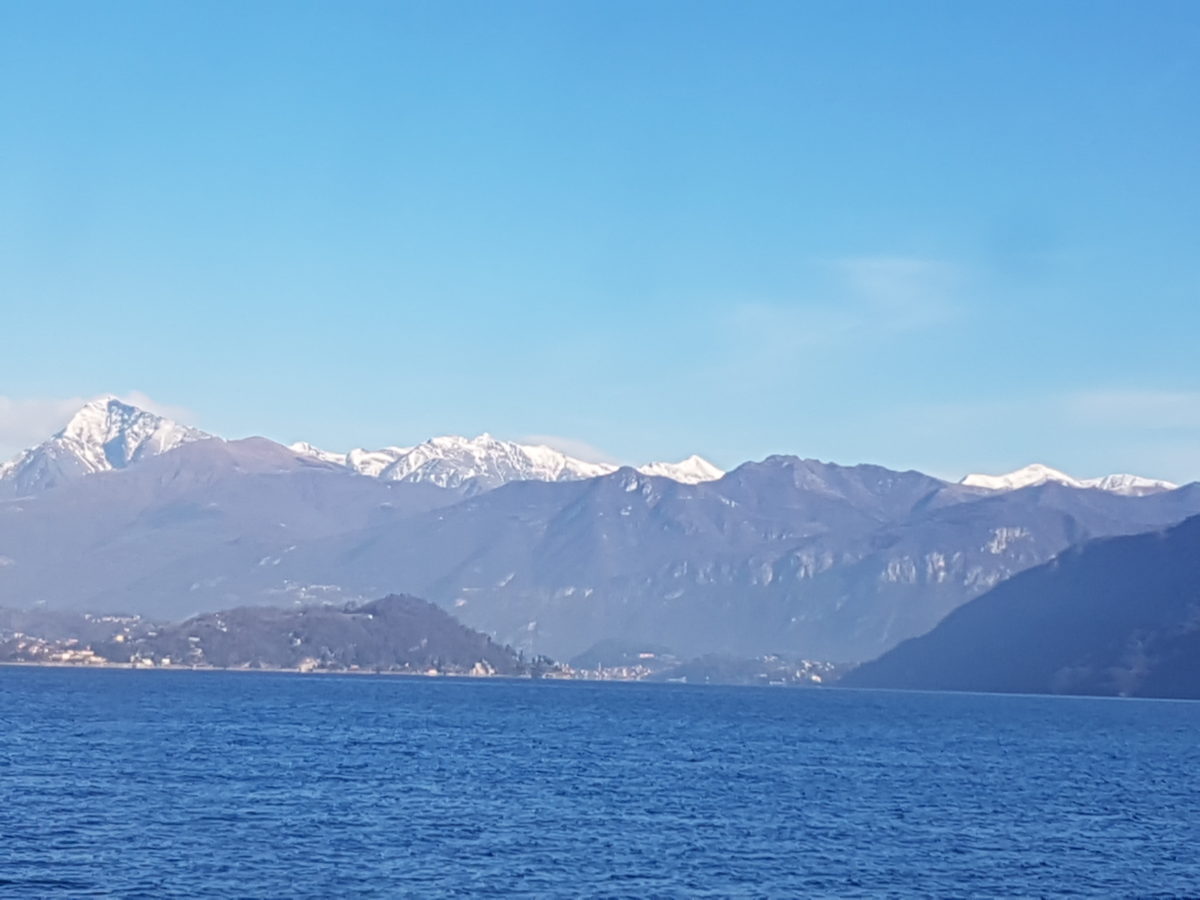Diana Winston recently provided a guided meditation on Opening to Change as part of the weekly meditation podcasts provided by MARC, UCLA. Diana pointed out that change has always been a part of our life – both internally and externally. We have constantly experienced change in the form of changes to our bodily sensations, our thoughts, emotions and body form. We have experienced constant change in our environment (local and global) – our economic, political, social, financial, legal and climatic environment. We can just think of the ever-changing nature of social media or the weather to remind us of the numerous changes that we experience daily.
Disruptive change brought on by the Coronavirus
The Coronavirus has created a disruptive change that is unprecedented in its magnitude and impacts. We are finding that every dimension of our lives has been disrupted. How we work and where we work has changed and for some people this means a loss of job and income. Our financial situation is changing constantly as the new reality sets in, with businesses closing or going into lockdown, the share market fluctuating erratically, and customers prevented from visiting stores, cafes and restaurants.
Local, interstate and international travel has been severely constricted. There have been significant restrictions on our daily lives – our movement, hygiene practices and access to resources have been mandated by Government (employing emergency powers). Our interactions are changing as we have to adopt social distancing and social isolation – so people avoid rather than connect, people even cross the road to create distance as we approach them.
There are new limitations on who we can meet with, and the nature, duration and location of our meetings. We are often forced to connect online, instead of face-to-face and to experience the exhaustion of this new mode of contact when adopted on a constant basis. Everything seems to be turned upside down, even our perception of what day it is. Bernard Salt, social commentator and demographer, coined the term “Lockdown Befuddlement Syndrome (LBS)” to describe our inability to remember what day it is – a condition he attributes to the “loss of reference points” which served to fix the time of day and the day of the week for us (Weekend Australian Magazine, 16-17 May 2020, p. 28).
It is natural then for us to experience stress and resistance when we encounter total disruption and uncertainty. It is also natural for us to experience the very real fear of viral contamination when going to the shops, being in enclosed public transport or lifts or just walking down the street.
Previously, we have discussed various issues that impact our openness to change – our immunity to change, the need for emotional agility and the different survival strategies that individuals adopt. Diana offers a guided meditation to help us to be more open to change whatever our habituated response is. She suggests that, through mindfulness practice, we can turn the current “breakdown” in our life to the potential of a “breakthrough”.
Guided meditation on openness to change
There are several steps in the guided meditation offered by Diana:
- Physical grounding – sitting, lying or standing comfortably with eyes closed or downwardly focused.
- Body scan – feeling your feet on the floor or ground, breathing into points of stiffness or pain, opening to your bodily sensations as they are at the moment. Diana also suggests some form of movement to loosen your muscles, e.g. move your neck from side to side, stretch your arms and legs.
- Emotional scan – getting in touch with your feelings at the moment and naming your feelings, without self-censure or self-evaluation (everyone experiences a range of emotions when faced with extreme uncertainty and threats to their sense of security). It also involves confronting the experience of boredom and how it negatively impacts your life.
- Mind scan – being open to your thoughts and what occupies your mind, exploring your preoccupation with the lost opportunities of the past and/or the uncertainty of the future.
- Mindful breathing – sense your breathing (the in-breath, out-breath and the gap between), adopting deep breathing to tap into your life force.
- Tune into sounds – open your awareness to sounds in the room and externally, without interpretation or emotional response.
- Decide on an anchor – what will help you return to your focus when your mind wanders and you lose focus? Your anchor could be a specific form of breathing, a bodily sensation, attention to sounds or any other signal to return your attention back to your desired focus.
- Exploring your approach to present changes in your life – once you are in touch with how you are holistically experiencing your current reality, you can ask yourself a series of questions:
- What aspects of your changed life are you adapting to well?
- What positive responses have you employed, how have your enriched your daily routine?
- What has slipped from your earlier resolve and practice, have you lost the discipline of a daily routine?
- How could you improve your responses to your changed life and environment?
- Are your expectations realistic, given your present environment?
- What single positive behavioural change will you adopt?
Reflection
There are numerous examples, locally and globally, of individuals, communities and businesses adapting in a positive way to the experience of our current, constrained existence. Parents are spending more time with their children; people working from home are valuing their home environment and enjoying increased productivity; businesses are adapting to a take-away or online environment; consultants, trainers and teachers are successfully converting to an online-teaching environment; people are learning new skills, including how to make bread; many people are exercising more and/or spending more time in nature and the open air.
Individuals and communities are working together to offer free nutritious meals to frontline health workers; businesses are adapting manufacturing processes to produce sanitisers, ventilators and protective gear; and musicians and artists are providing free shows online to brighten people’s lives and raise funds to fight the Coronavirus. Everywhere you look, you can see examples of the resilience and generosity of the human spirit.
Diana askes us, “How can we channel what we have learned [in this crisis] to create a new existence?” She maintains that as we grow in mindfulness we can move beyond our self-limitations and negative self-talk to access our inner strength, resilience and creativity. We can move beyond our self-absorption to a sense of gratitude, self-compassion and compassion towards others.
Bernard Salt asks the Australian community:
What learnings, skills, adaptations, reimagined values can we, should we, take forward in the recovery process to build an even better Australia in the months and the years ahead? (The Australian, Monday 18 May 2020)
_______________________________________
Image by Jess Foami from Pixabay
By Ron Passfield – Copyright (Creative Commons license, Attribution–Non Commercial–No Derivatives)
Disclosure: If you purchase a product through this site, I may earn a commission which will help to pay for the site, the associated Meetup group and the resources to support the blog.


